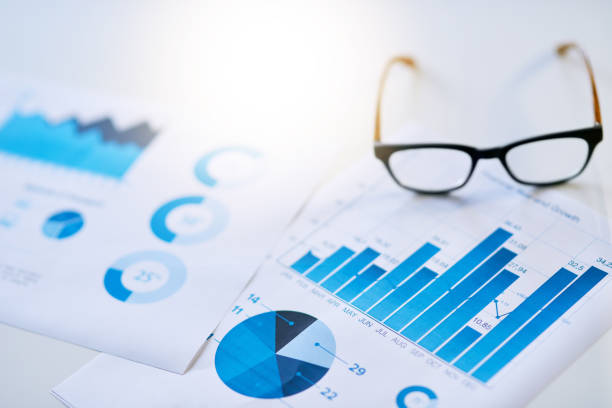Accounting is a key part of running a business. It records revenues and expenses, pays taxes, and provides a financial statement to help you monitor progress.

Keeping good accounting records is essential for a small business to operate smoothly and efficiently. It requires a lot of time, attention and effort.
Recording Transactions
Small business accounting is an essential part of managing your company’s finances. It helps you assess the health of your business and makes it easier to predict future tax liabilities.
The key to a successful small business accounting system is to keep records of all financial transactions. This may be done in a simple journal or ledger or by using an automated software solution.
Regardless of which method you use, it’s important to record every transaction, including sales and purchases, in order to keep track of your company’s expenses and income. You can also use this information to claim certain tax deductions.
Some business owners find it helpful to have a cash basis for their bookkeeping, meaning they don’t record transactions until money is exchanged. This can be a helpful way to save on business taxes.
Payroll
Payroll is a crucial part of running any small business. It involves recording employee time, withholding taxes and making tax payments. It can be a difficult and complicated task.
Having an efficient payroll system makes the job easier and lessens your risk of penalties or fees for missing payroll deadlines. It also increases accuracy and decreases the chance of human error.
In addition, payroll systems can integrate with existing HR tools and accounting software for additional efficiency.
Another benefit of using a small business accounting system is that it will automatically remind you of important payroll deadlines. This ensures that you do not miss out on your payroll obligations, which could lead to penalties and fees from both the IRS and your employees, Browse around this website .

The best small business accounting software will automate as many manual payroll processes as possible, while also minimizing the cost of labor for this important role. These systems can also help businesses stay compliant with state and federal regulations.
Financial Statements
Financial statements are a crucial part of a small business accounting system. They provide a snapshot of the company’s financial health and can be used to make key decisions regarding the future of the business.
There are three main types of financial statements a small business needs: balance sheets, income statements, and cash flow statements. While most small businesses prepare these reports themselves, you can also hire an outsourced financial management service to help you do so.
A balance sheet is a simple tool that shows the company’s assets, liabilities and shareholders’ equity on a given date. Assets are listed on the left side of the balance sheet, followed by liabilities and shareholder equity.
Liabilities include accounts payable, credit card debts and any other money owed to creditors. Shareholder equity is the amount that would remain if your business was sold. This is calculated by subtracting liabilities from assets.
Taxes
Small businesses have many accounting needs, including creating charts of accounts, recording revenues and expenses and paying taxes. These records are essential for making business decisions and planning for future growth.
In the United States, businesses must pay federal, state and local taxes in order to maintain their legal status. This includes income and employment taxes as well as sales tax and property taxes.
The type of taxes that you must pay depends on your structure and location. The most common types of tax obligations are income taxes and payroll taxes.
There are also tax deductions and credits that you can claim. You should talk to a tax professional about these options, as they can be very beneficial for your business.
Conlcusion:
The IRS recommends keeping personal and business expenses separate to avoid potential problems when filing taxes. This means keeping your business’s bank account and credit card separate from your personal ones.